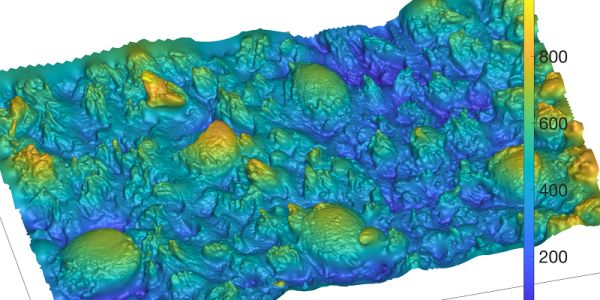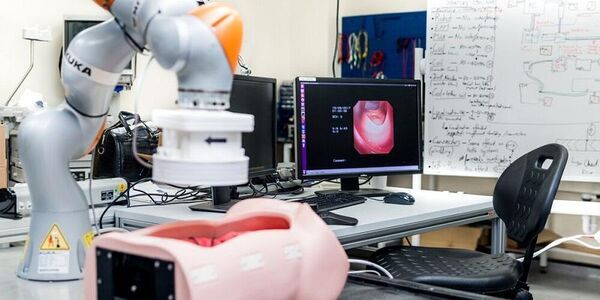
3D printing the first ever biomimetic tongue surface
Scientists have created synthetic soft surfaces with tongue-like textures for the first time using 3D printing.

Scientists have created synthetic soft surfaces with tongue-like textures for the first time using 3D printing.

Weather forecasters can more accurately predict when a tornado is likely to hit the UK thanks to a new tool devised in a partnership between the University of Leeds and the Met Office.

A major scientific study has been launched to understand the risks of COVID-19 transmission on buses and trains - and to identify the best measures to control it.

Hundreds of volunteers from the region are taking part in a study to test the effectiveness of a COVID-19 vaccine.

Scientists have discovered the severity of the impact on a player’s head while heading a football is influenced much more by the speed of the ball than its mass and stiffness.

New research is helping to explain one of the big questions that has perplexed astrophysicists for the past 30 years - what causes the changing brightness of distant stars called magnetars.

Scientists have made a breakthrough in their work to develop semi-autonomous colonoscopy, using a robot to guide a medical device into the body.

Three leading academic researchers, two alumni and a former Pro-Chancellor at the University of Leeds have been recognised in the Queen’s Birthday Honours.

The University of Leeds has secured a £5.4 million grant to identify new techniques for investigating and manipulating the chemical building blocks of life - proteins.

Global energy consumption in 2050 could be reduced to the levels of the 1960s and still provide a decent standard of living for a population three times larger, according to a new study.